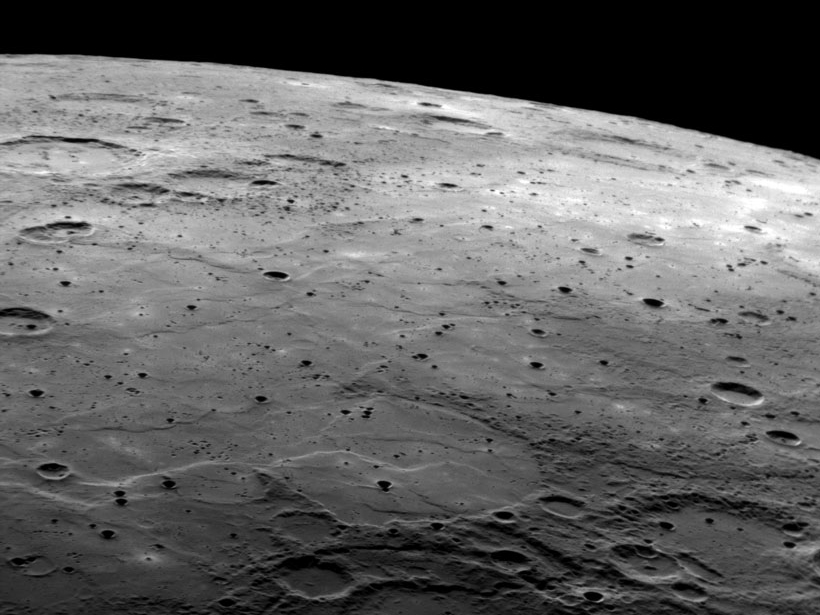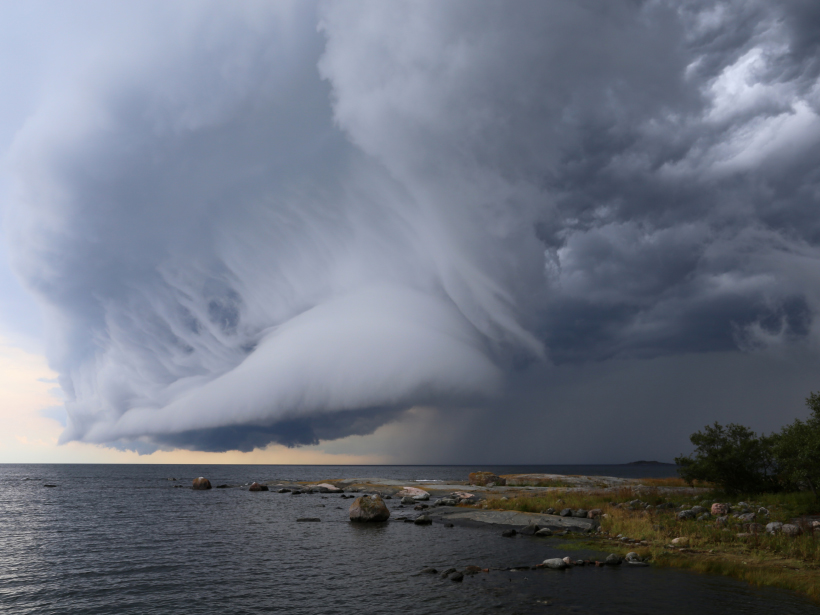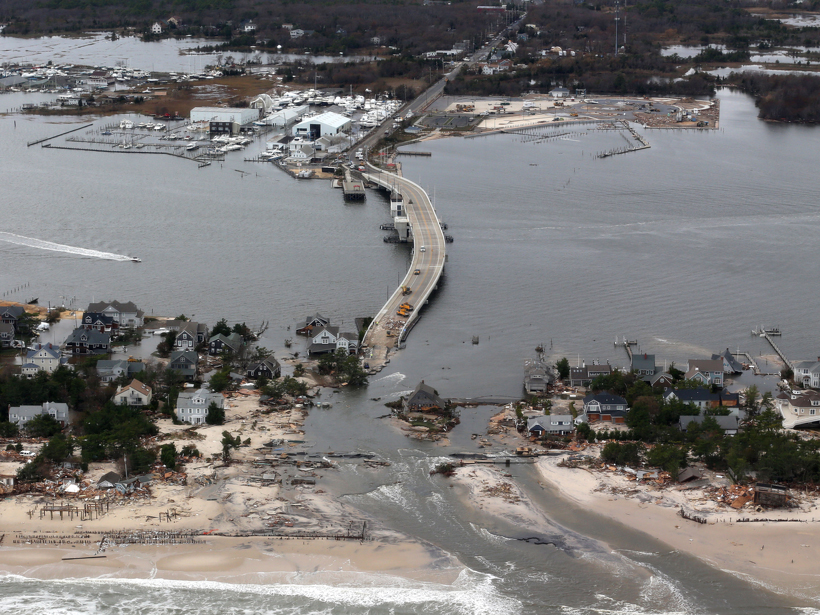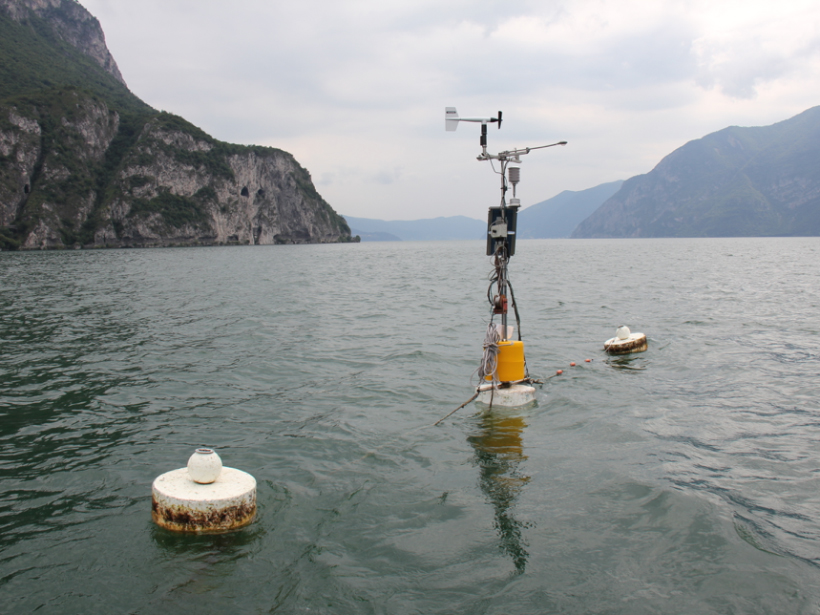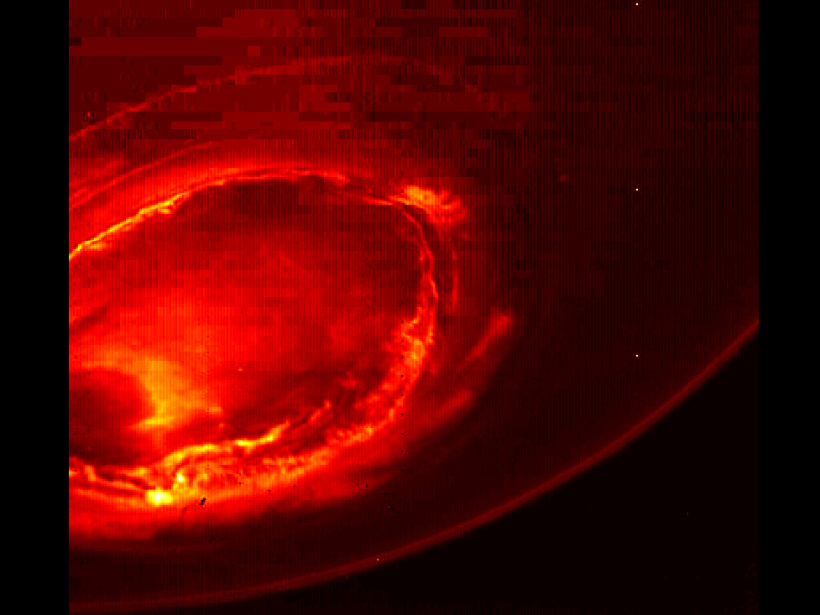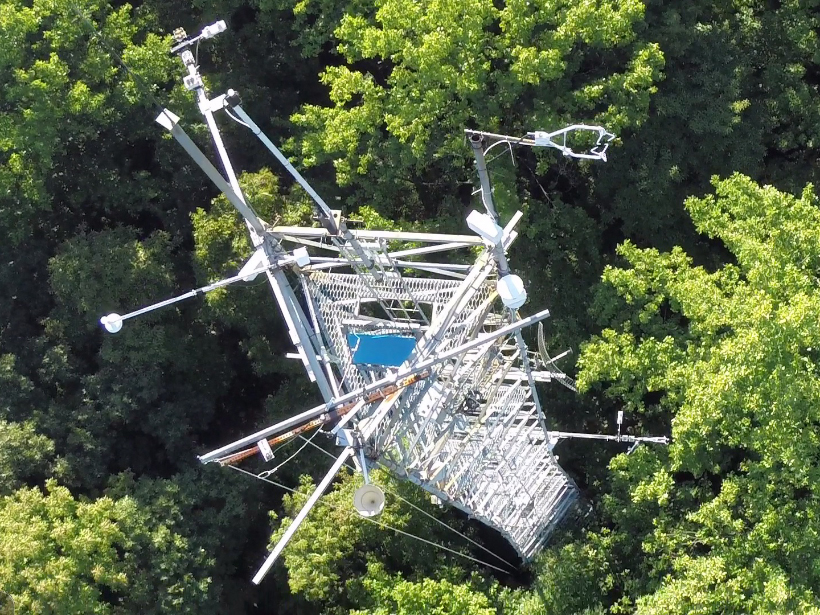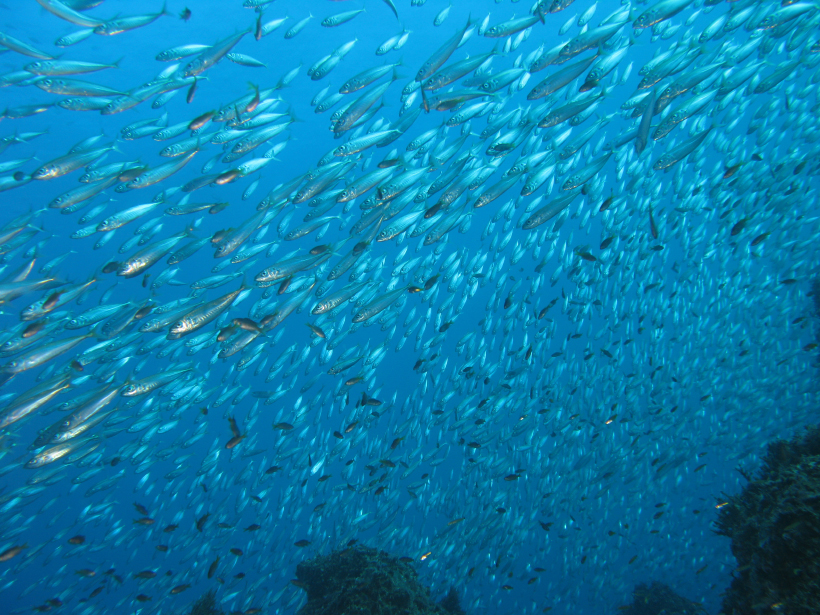New measurements of impact craters on Mercury’s smooth plains suggest that the topography of the solar system’s innermost planet is changing at twice the rate of landforms on the Moon.
Research Spotlights
Research spotlights are plain-language summaries of recent articles published in AGU’s suite of 24 journals.
Using Multiple Satellites Gives a Fuller View of Cloud Structure
The unique strengths of different satellites reveal different facets of cloud systems and precipitation.
Accounting for Accelerated East Coast Sea Level Rise
An analysis of tide gauge records and physical models shows acceleration of sea level rise on the East Coast due to melting of the Greenland Ice Sheet is especially pronounced south of 40°N latitude.
How Does Wind Push Water?
A new 3-D model shows how wind affects hydrodynamic mixing in a northern Italian lake.
What Makes the Biggest Cycle in Tropical Weather Tick?
The Madden-Julian Oscillation drives storms across the Indian and Pacific oceans every 30 to 60 days. New research suggests that clouds absorbing and reemitting radiative energy play a key role.
Tracking Nitrogen in Arctic Plants
Prevailing nutrient uptake models do not fit Arctic plants. Scientists test a new option that overcomes older models’ shortcomings.
Mysterious Particle Beams Found over Jupiter’s Poles
The unexpected character of the beams, revealed by NASA’s Juno spacecraft, suggests that the processes that produce Jupiter’s auroras are unlike those on Earth.
Deforestation Effects as Different as Night and Day
Study investigates how deforestation can cause different land surface temperature effects depending on the time of day.
Lab Experiments Show How Fault Surfaces Get Groovy
Formation of nanometer-scale quartz beads could promote linear “slickenline” patterns and facilitate fault movement.
How Will Climate Change Affect the California Current Upwelling?
The results of new simulations that account for internal climate variability contrast with previous projections of how this vital West Coast current will respond to anthropogenic warming.

